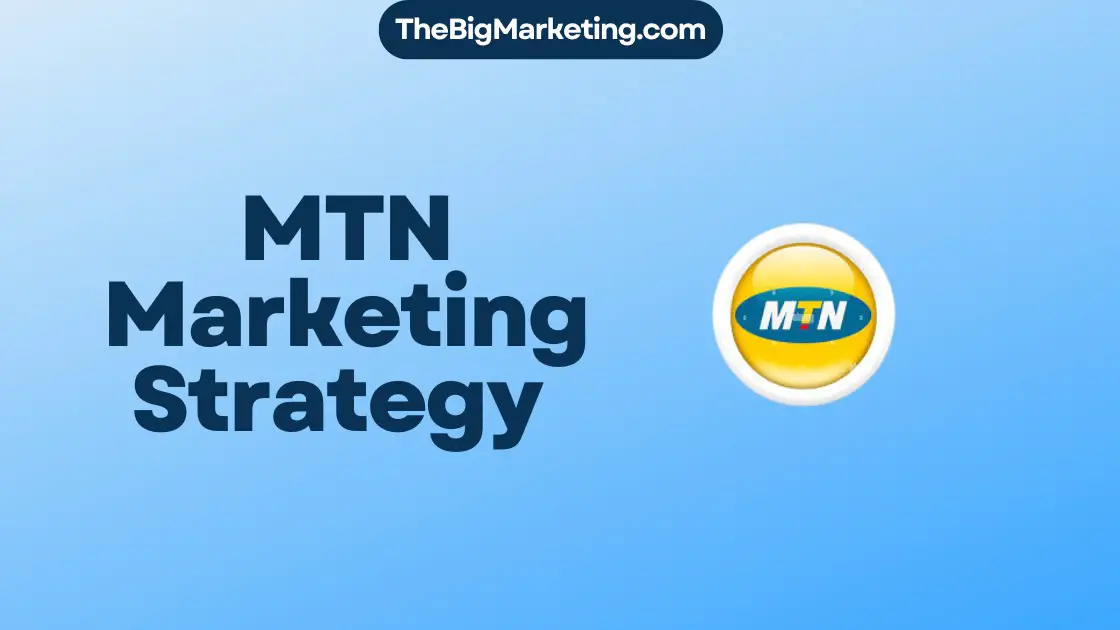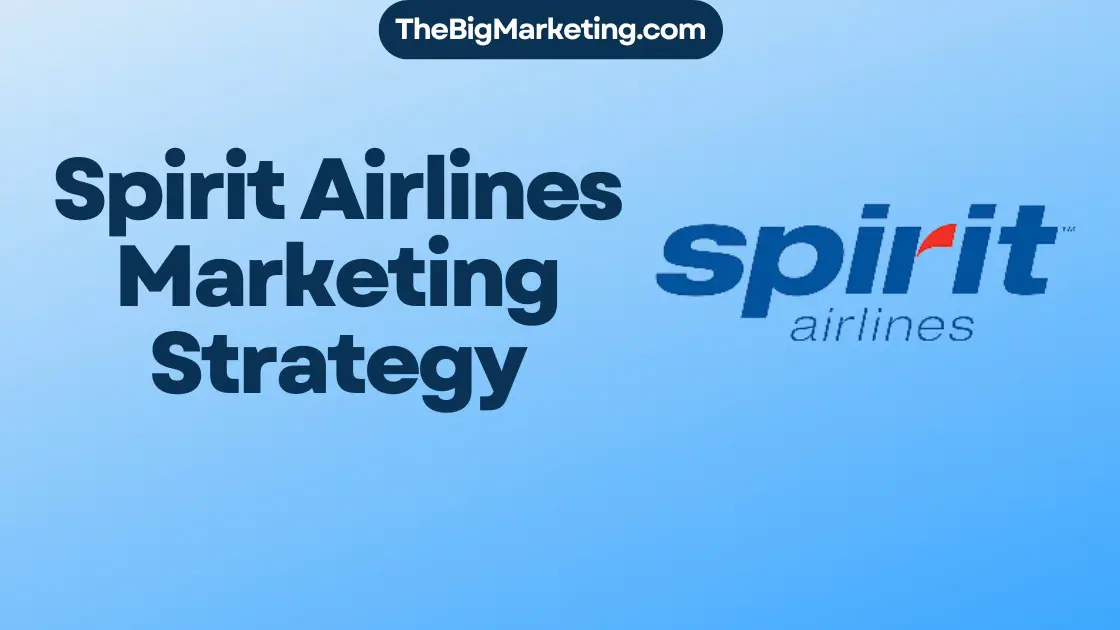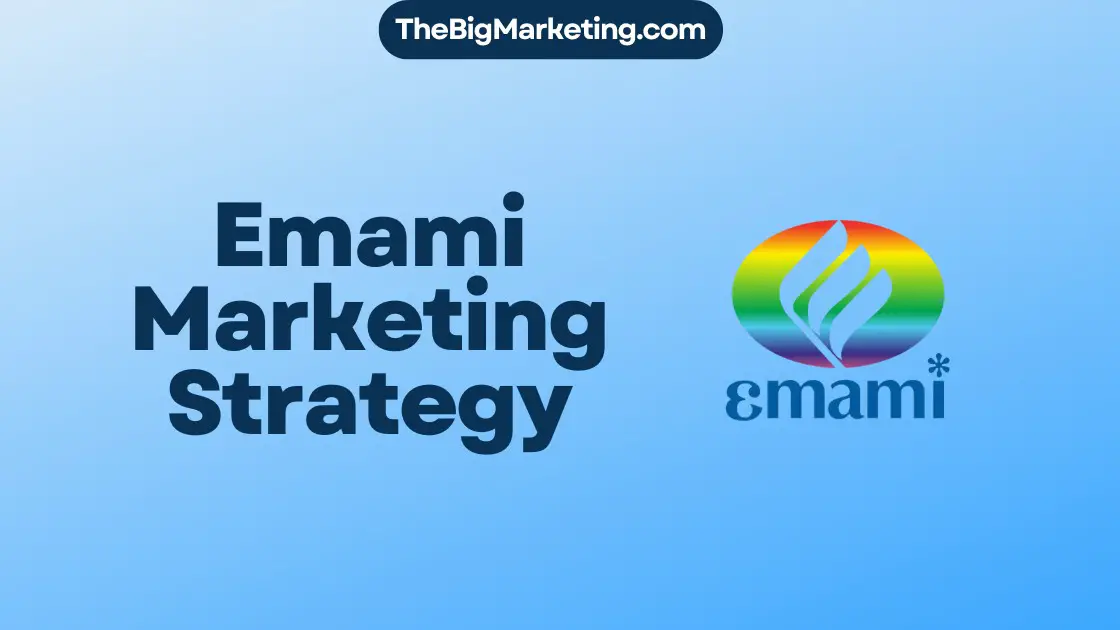In 2024, the cosmetics industry is evolving rapidly, and brands need to stay ahead of the competition with effective marketing strategies. This comprehensive guide explores the latest trends and tactics in cosmetics marketing, encompassing key areas such as beauty branding, makeup trends analysis, and skincare promotions. By understanding these strategies, brands can create successful marketing campaigns that resonate with their target demographics and drive customer engagement.
Key Takeaways:
- Cosmetic brands must stay ahead of the competition with effective marketing strategies in 2024.
- Beauty branding plays a crucial role in attracting and engaging customers.
- Makeup trends analysis helps brands understand and leverage popular trends in their marketing campaigns.
- Skincare promotions are essential for driving customer engagement and sales.
- By implementing these strategies, brands can create successful marketing campaigns that resonate with their target demographics.
Importance of Social Media in Skincare Marketing
Social media has become an indispensable tool in skincare marketing. With platforms like Instagram, TikTok, YouTube, and Facebook being favored by skincare consumers, brands can leverage these channels to reach their target audience effectively. In particular, TikTok has emerged as a market leader in skincare and beauty, offering smaller brands the opportunity to go viral and generate substantial traffic for their products.
Social media campaigns play a vital role in promoting skincare products. By creating engaging content and strategically targeting their audience, brands can increase their visibility and brand awareness. Social media allows brands to showcase the benefits of their skincare products through visually appealing and informative posts, videos, and interactive content.
Influencer partnerships also play a significant role in skincare marketing. Collaborating with influencers who have a strong following and credibility in the beauty industry can help brands build trust and connect with their target market in an authentic way. Influencers can endorse skincare products through honest reviews, tutorials, and testimonials, which can greatly influence consumers’ purchasing decisions.
Brands should establish a strong presence on social media platforms and regularly create engaging content that aligns with their target audience’s interests and preferences. This includes providing skincare tips, educational content, product demonstrations, and behind-the-scenes glimpses into the brand’s story. Consistent and engaging social media marketing efforts can help brands establish themselves as trusted authorities in the skincare industry, increase brand loyalty, and drive conversion rates.
The Power of Content Marketing in Skincare Branding
Content marketing is a powerful tool for skincare branding, offering brands the opportunity to educate their customers, build trust, and establish a strong community. By creating a wide variety of content, brands can engage with their target audience and drive customer loyalty.
Blogs play a vital role in skincare marketing, providing a platform to share valuable information, advice, and tips related to skincare. Through informative and well-researched blog posts, brands can position themselves as industry leaders and offer valuable insights to their readers. By incorporating relevant keywords and addressing common skincare concerns, blogs can also enhance search engine visibility and attract organic traffic to the brand’s website.
Video content is another effective medium in skincare branding. Platforms like YouTube and TikTok offer brands the opportunity to showcase their products, demonstrate usage techniques, and engage consumers through visual storytelling. Brands can create compelling tutorials, product reviews, and skincare routines that resonate with their target audience, ultimately influencing purchasing decisions.
The Impact of Video Content in Skincare Marketing
- Engage consumers visually with useful and entertaining skincare-related videos
- Showcase product usage and demonstrate the effectiveness of skincare solutions
- Build brand awareness and forge a connection with the target audience
- Encourage social sharing and increase online visibility
Product descriptions also play a crucial role in skincare marketing. When customers are browsing a brand’s website, detailed and transparent product descriptions can provide them with the necessary information to make informed purchasing decisions. Brands should strive to highlight the key features, ingredients, and benefits of their skincare products. Additionally, addressing compatibility with other skincare solutions can help customers choose products that complement their existing routine.
Overall, content marketing is a powerful strategy for skincare branding. Whether through informative blog posts, engaging video content, or transparent product descriptions, brands can effectively reach their target audience, build trust, and drive customer engagement. By investing in content marketing, skincare brands can differentiate themselves in a competitive market and establish a strong foothold in the industry.
| Benefits of Content Marketing in Skincare Branding | Examples |
|---|---|
| Establishes brand authority and thought leadership in the skincare industry | – Thought-provoking blog posts that analyze skincare trends – In-depth video tutorials showcasing advanced skincare techniques |
| Builds trust and loyalty among customers | – Authentic product reviews from skincare influencers – Personal testimonials shared through video content |
| Drives organic traffic to the brand’s website | – SEO-optimized blog posts targeting skincare-related keywords – Engaging video content shared on social media platforms |
| Increases brand visibility through social sharing | – Shareable skincare routine videos that resonate with the target audience |
| Enhances customer engagement and interaction | – Interactive blog comment sections for customers to ask questions and provide feedback – Live Q&A sessions on social media platforms |
Influencer Marketing in the Beauty and Skincare Industry
Influencer marketing has become incredibly powerful in the beauty and skincare industry. With the rise of social media, beauty shoppers now heavily rely on influencers and reviews for product information. According to recent studies, social media influencers and third-party reviews are the top sources of beauty-related recommendations for consumers.
Collaborating with beauty influencers can significantly impact a brand’s success. These influencers have a strong following and their recommendations carry a lot of weight among their audience. When influencers authentically endorse skincare and beauty products, it can create a sense of trust and credibility.
Another valuable aspect of influencer marketing is user-generated content. Consumers love seeing real people using and sharing their experiences with products. User-generated content not only showcases genuine experiences and results but also fosters a sense of community among customers.
Brands can leverage influencer marketing by collaborating with beauty influencers to promote their skincare and beauty products. By featuring these influencers in their marketing campaigns, brands can tap into their audience and leverage their influence to reach a wider customer base.
Similarly, encouraging customers to share their experiences on social media using branded hashtags can help generate user-generated content. This content can then be shared on the brand’s social media platforms and website, showcasing genuine customer endorsements and experiences.
Benefits of Influencer Marketing in the Beauty and Skincare Industry
Influencer marketing offers several benefits for brands in the beauty and skincare industry:
- Increased brand awareness and visibility
- Access to a wider audience and potential customers
- Authentic endorsements and recommendations from trusted influencers
- Creation of user-generated content, fostering a sense of community
- Opportunities for collaborations and partnerships with influencers
Overall, influencer marketing is a powerful strategy that allows brands to connect with their target audience, build credibility, and drive engagement. By leveraging the influence of beauty influencers and showcasing user-generated content, brands can stay relevant and effectively promote their skincare and beauty products in the ever-evolving digital landscape.
Private Label Cosmetics: Advantages and Disadvantages
Private label cosmetics offer brands a range of advantages and disadvantages to consider when entering the market. Understanding these factors can help brands make informed decisions regarding their product development and marketing strategies. Let’s explore the advantages and disadvantages of private label cosmetics.
Advantages of Private Label Cosmetics
Private label cosmetics provide brands with several advantages:
- Quick Market Entry: Private label cosmetics offer a faster route to market compared to developing custom formulations. Brands can leverage pre-made products and quickly establish their presence in the industry.
- Lower Investment: Developing custom formulations can be costly. Private label cosmetics allow brands to enter the market with lower initial investments, reducing financial risk.
- Customizable Packaging: Private label cosmetics often offer customizable packaging options. This allows brands to create unique and eye-catching packaging that aligns with their brand identity and target audience.
Disadvantages of Private Label Cosmetics
While private label cosmetics offer advantages, there are also some disadvantages to consider:
- Limited Control over Formulation: Brands using private label cosmetics have limited control over the formulation of their products. They must rely on pre-made formulas and may not be able to customize the ingredients to meet their specific requirements.
- Limited Control over Packaging: While private label cosmetics offer customizable packaging options, brands may have limited control over the overall design and branding of the packaging. This can limit their ability to create a truly unique and differentiated product.
- Higher Prices per Unit: Private label cosmetics may have higher prices per unit compared to developing custom formulations. Brands should carefully consider the potential impact on their pricing strategy and profitability.
| Advantages of Private Label Cosmetics | Disadvantages of Private Label Cosmetics |
|---|---|
| Quick Market Entry | Limited Control over Formulation |
| Lower Investment | Limited Control over Packaging |
| Customizable Packaging | Higher Prices per Unit |
Selecting the Right Private Label Cosmetic Manufacturer
When it comes to private label cosmetics, choosing the right manufacturer is crucial for the success of your brand. To ensure a fruitful partnership, there are several factors to consider. From expertise and experience to customization options, quality control to regulatory compliance, each aspect plays a significant role in determining the ideal manufacturer that aligns with your vision and requirements.
Expertise and Experience
One of the key factors to assess while selecting a private label cosmetic manufacturer is their expertise and experience in the cosmetics industry. A manufacturer with a proven track record understands the intricacies of formulation, packaging, and market trends. Their industry knowledge and experience can contribute to the development of high-quality products that meet your brand’s standards and resonate with your target audience.
Customization Options
Customization is essential to create a unique brand identity in the cosmetics market. Look for a manufacturer that offers a wide range of customization options in terms of formulations, packaging designs, and branding. The ability to tailor products to your specific requirements allows you to stand out in a competitive landscape and cater to the preferences of your target customers.
Quality Control
Ensuring superior quality is paramount in the cosmetics industry. Partnering with a manufacturer that has robust quality control processes in place guarantees that your private label products meet the highest standards. This includes testing for safety, efficacy, and overall product integrity. A manufacturer with strict quality control measures will help build trust and loyalty among your customers.
Minimum Order Quantities
Understanding the minimum order quantities (MOQs) set by the manufacturer is essential, especially if you are a small or medium-sized business. MOQs can vary significantly between manufacturers. Evaluating and comparing these requirements will help you find a manufacturer that aligns with your production needs and budget constraints.
Communication and Support
A strong and transparent communication channel with your manufacturer is key to a successful partnership. Look for a manufacturer that values effective communication and provides reliable support throughout the manufacturing process. Regular updates, responsive customer service, and clear timelines can make a significant difference in streamlining operations and ensuring a smooth production journey.
Regulatory Compliance
Complying with regulatory standards and certifications is crucial to ensure the safety and legality of your cosmetics products. A reputable private label cosmetic manufacturer should have a sound understanding of regulatory requirements and maintain up-to-date certifications. Choosing a manufacturer that prioritizes regulatory compliance will protect your brand and give your customers confidence in the safety and quality of your products.
By carefully evaluating each of these factors, you can confidently select a private label cosmetic manufacturer that meets your expectations and sets your brand up for success.
Top Cosmetic Manufacturers for Beginners in 2024
In 2024, beginners in the cosmetics industry have a wide range of top cosmetic manufacturers to consider partnering with. These manufacturers have proven track records and can cater to the specific needs of businesses entering the cosmetics market.
SBLC Cosmetics
SBLC Cosmetics, based in Germany, is known for its personalized services and expertise in certifications. They offer a range of services to help beginners navigate the industry and ensure their products meet the highest standards.
Dynamic Blending
Dynamic Blending, located in the USA, specializes in turnkey private label solutions. They offer a comprehensive range of services, from formulation development to packaging design, making them an ideal partner for beginners looking for a one-stop-shop solution.
Columbia Cosmetics Manufacturing
Columbia Cosmetics Manufacturing, also based in the USA, focuses on makeup and skincare products. They have extensive experience in developing high-quality cosmetics and can provide guidance and assistance to beginners entering the industry.
Cosmetic Solutions
Cosmetic Solutions, located in the USA, offers diverse skincare formulations. They have a wide range of pre-developed formulas that beginners can choose from, allowing for quick and efficient product development.
Temmentec
Temmentec, based in Switzerland, provides scalable services for new brands. They offer customized solutions to meet the unique needs of beginners, ensuring a seamless and successful entry into the cosmetics market.
Mind The Beauty
Mind The Beauty, also located in Switzerland, focuses on private label skincare and cosmetic products. They offer a range of customizable options, allowing beginners to create personalized products that align with their brand identity.
Radical Cosmetics
Radical Cosmetics, based in the USA, specializes in makeup products. They have a reputation for producing high-quality cosmetics and can provide beginners with the guidance and support they need to launch successful makeup lines.
These top cosmetic manufacturers offer beginners in the cosmetics industry a range of options to suit their specific needs. Whether it’s personalized services, turnkey solutions, diverse skincare formulations, or specialized expertise, these manufacturers can guide and support beginners in their journey towards cosmetics industry success.
See the table below for a quick comparison of these top cosmetic manufacturers:
| Manufacturer | Country | Specialization |
|---|---|---|
| SBLC Cosmetics | Germany | Personalized services and expertise in certifications |
| Dynamic Blending | USA | Turnkey private label solutions |
| Columbia Cosmetics Manufacturing | USA | Makeup and skincare products |
| Cosmetic Solutions | USA | Diverse skincare formulations |
| Temmentec | Switzerland | Scalable services for new brands |
| Mind The Beauty | Switzerland | Private label skincare and cosmetic products |
| Radical Cosmetics | USA | Makeup products |
These top cosmetic manufacturers provide beginners with the resources, expertise, and guidance necessary to successfully navigate the cosmetics industry in 2024 and beyond.
The Future of Cosmetics Marketing: Embracing Innovation and Trends
The cosmetics industry is constantly evolving, and brands must adapt their marketing strategies to stay ahead of the competition. In the future, the key to success lies in embracing innovation and staying on top of emerging trends. This section explores the future of cosmetics marketing, with a focus on digital strategies, artificial intelligence, personalization, and sustainability.
Digital Marketing Strategies
In today’s digital age, brands must leverage digital marketing strategies to reach their target audience effectively. With the increasing reliance on online platforms, brands should prioritize their online presence and utilize various channels to connect with customers. This includes social media marketing, search engine optimization, content marketing, and email marketing.
Artificial Intelligence
Artificial intelligence (AI) is revolutionizing the cosmetics industry, providing brands with invaluable insights into consumer behavior, preferences, and purchasing patterns. AI-powered tools can analyze vast amounts of data to identify trends, personalize marketing campaigns, and enhance the overall customer experience. From chatbots to virtual try-on experiences, AI offers countless opportunities for brands to engage and connect with their customers.
Personalization
In the future, personalization will continue to be a crucial aspect of effective cosmetics marketing. Customers expect tailored recommendations and experiences that cater to their specific needs and preferences. By leveraging data and AI technologies, brands can create personalized marketing campaigns, recommend products based on customer preferences, and provide customized skincare routines.
Sustainability
Sustainability is a growing concern for consumers, and brands must address these concerns in their marketing strategies. From eco-friendly packaging to cruelty-free formulations, sustainability initiatives can resonate with environmentally conscious consumers and attract a loyal customer base. By prioritizing sustainable practices and communicating their commitment to ethical and eco-friendly products, brands can differentiate themselves and appeal to the values of their target audience.
| Benefits of Embracing Innovation in Cosmetics Marketing | Trends to Watch Out For |
|---|---|
| 1. Enhanced customer engagement and brand loyalty | 1. Influencer marketing and user-generated content |
| 2. Improved targeting and personalization | 2. Augmented reality in virtual try-on experiences |
| 3. Data-driven decision making | 3. Voice search optimization |
| 4. Competitive advantage in a rapidly evolving industry | 4. Expansion into emerging markets |
Conclusion
In conclusion, a well-executed cosmetics marketing strategy is crucial for achieving success in the competitive beauty industry. By leveraging the power of social media, content marketing, influencer partnerships, and private label cosmetics, brands can unlock new opportunities and effectively engage with their target demographics. These tactics allow brands to establish a strong online presence, build trust with consumers, and drive customer engagement.
Furthermore, selecting the right private label cosmetic manufacturer is vital for brands looking to enter the market quickly and cost-effectively. By partnering with a reputable manufacturer that offers customization options, maintains quality control, and ensures regulatory compliance, brands can confidently bring their vision to life.
To stay ahead of the evolving industry, it is essential for brands to stay up-to-date with emerging trends and innovative strategies. This includes adopting digital marketing techniques, incorporating artificial intelligence for personalization, and embracing sustainability practices. By continuously evolving and adapting their marketing strategies, brands can position themselves for long-term success in the dynamic beauty landscape.
By implementing a comprehensive and strategic approach to marketing, brands can thrive in 2024 and beyond. With an understanding of the power of their marketing tactics and a commitment to staying ahead of industry trends, brands can achieve their goals and drive beauty industry success.






